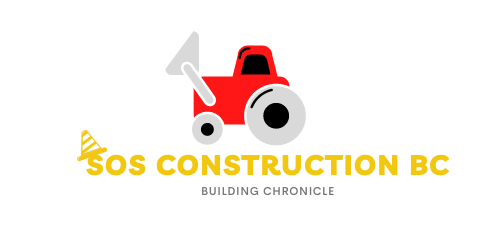Choosing the Right Home Loan
Choosing the right home loan is important to ensure that you can afford your home and keep it in good condition. Several loans are available, including Jumbo, Reverse, and Equity release mortgages. Each type has its advantages and disadvantages, so it’s important to consider each option before making a final decision.

Interest-only mortgages. Whether you’re thinking of purchasing a home or refinancing your current mortgage, an interest-only mortgage may be the solution you’re looking for. However, you need to consider your financial situation before you apply for this type of mortgage. The best candidates for an interest-only mortgage are people with a reliable income and enough cash flow to make the mortgage payments after the interest-only period ends. If you need a reliable income, you may find yourself underwater on your loan when the housing market dips.
If you’re a commission-based or seasonal worker, consider an interest-only mortgage to help you manage your cash flow. However, it would be best if you considered that these loans carry a higher risk of default. Reverse mortgages. Using reverse mortgages for home loans can be a great way to get the funding you need to purchase the home you want. But be careful! Getting expert advice before taking out a reverse mortgage is a good idea.
Reverse mortgages are a type of home loan that older homeowners can use. The money can be used for various purposes, such as buying a new home or paying for expensive home renovations. The funds can also be used for health care costs or to help pay for insurance. The amount of money you can receive from a reverse mortgage depends on a number of factors, such as your age and the value of your home. In general, you can receive anywhere from 40-60% of the appraised value of your home.
Lifetime mortgages. Taking out a lifetime mortgage on your home can be an important decision. These types of mortgages offer a variety of benefits. They may help you reduce the amount you leave to family or beneficiaries and allow you to pay off debt or add extra funds to your retirement savings. You can also use the funds to pay for home improvements or medical expenses.
Lifetime mortgages can be paid out in a lump sum, or in a series of smaller amounts. You can also choose an interest-paying mortgage that pays interest only on the money you borrow. If you choose a lifetime mortgage with a lump sum, you may have to pay tax on the money you take out. Some providers offer bigger sums for people with certain medical conditions.
Equity release mortgages. Using Equity release mortgages for home loans can be a good way to get capital without having to sell your house. This can be helpful for large expenses later in life, such as home improvements and care costs. But there are some costs to consider as well. If you’re thinking of taking out an equity release mortgage, speak to an independent financial adviser first. The adviser will assess your circumstances and make a recommendation to you. You can then compare the different options.
It’s important to find an adviser who understands your needs and can find you the best deal. Some advisers will offer advice for free, while others may charge a fee. Some will work for a lender and will receive a commission. Jumbo mortgages. Using jumbo mortgages for home loans can be a great way to finance your dream home. But, you’ll need to meet certain qualifications before you can get approved.
The best way to get approved for a jumbo mortgage is to find a lender who is willing to work with you. You may need a credit score of 700 or higher, a down payment of at least 10%, and cash reserves to cover six to 12 months of mortgage payments.
You may need to provide a second home appraisal to prove you’re able to afford your home. Jumbo loans are not backed by government agencies like Fannie Mae or Freddie Mac, so you will have to pay more for your mortgage than a conventional loan.

